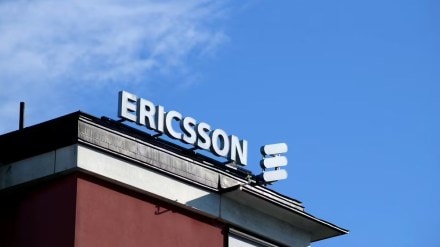Swedish telecom gear maker Ericsson is preparing for the commercial rollout of 6G by 2028-2030, with artificial intelligence (AI) expected to be a core building block of next-generation networks.
India, which has rapidly adopted 5G, is set to play a central role in this transition, Nitin Bansal, managing director, Ericsson India, told FE in an interaction. “AI will be one of the main building blocks for 6G, and India is poised to be a key market given its rapid adoption of 5G,” he said.
“India’s manufacturing base, expanding 5G footprint, and robust R&D ecosystem have made it one of Ericsson’s top five focus markets globally,” Bansal added.
The company has been manufacturing in India since 1994, long before government incentives like the production-linked incentive (PLI) scheme were introduced. Its Pune factory recently scaled up for 5G now contributes to exports.
The company recently inked an antenna manufacturing partnership that includes design-led production for global markets.
“Everything we deliver in India comes from our Pune factory. The next step is certainly scaling up exports,” Bansal said, adding that Ericsson indirectly benefited from the telecom PLI scheme through its partner Jabil in Pune.
The company also sees growing potential in enterprise use cases and IoT applications across sectors such as agriculture, healthcare, transportation, and automation.
“India has always been at the forefront of technology adoption. The market pushes us to test products to the extreme, which drives innovation and optimisation. Being close to customers and at the heart of research, development, and production makes India a very significant hub for Ericsson,” Bansal said.
Magnus Ewerbring, CTO for APAC at Ericsson, highlighted how differentiated connectivity in 5G is enabling mission-critical operations such as autonomous vehicles, smart factories, and advanced IoT implementations. In healthcare, he pointed to hospitals where surgeons are using 5G-connected “digital twin” technology and augmented reality glasses to perform cancer surgeries with higher precision, reduced operation times, and faster recovery.
“Many believe technology can simply be imported and made to work here, but our experience is the opposite. If it works in India, it can work anywhere,” Bansal added.
